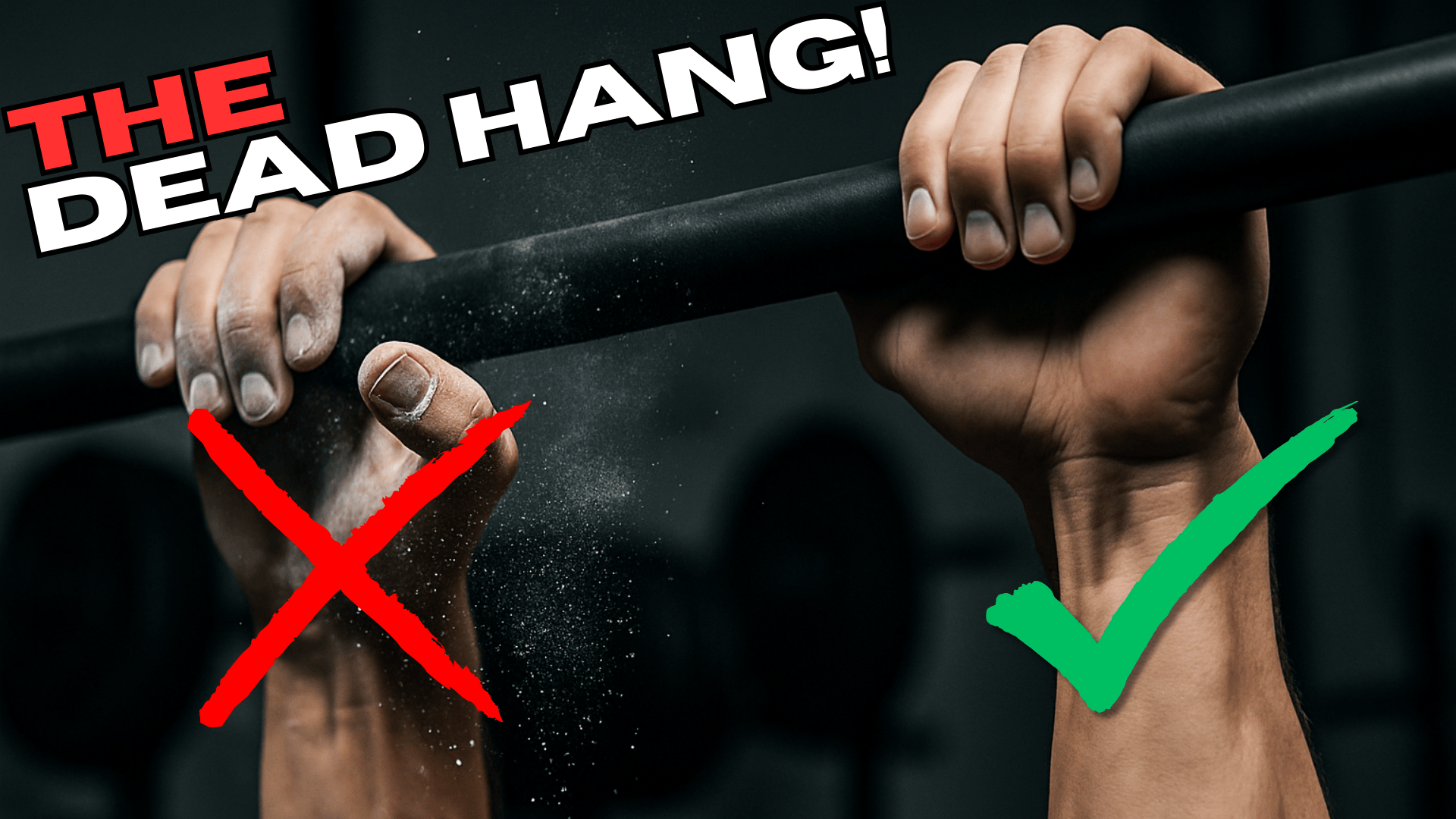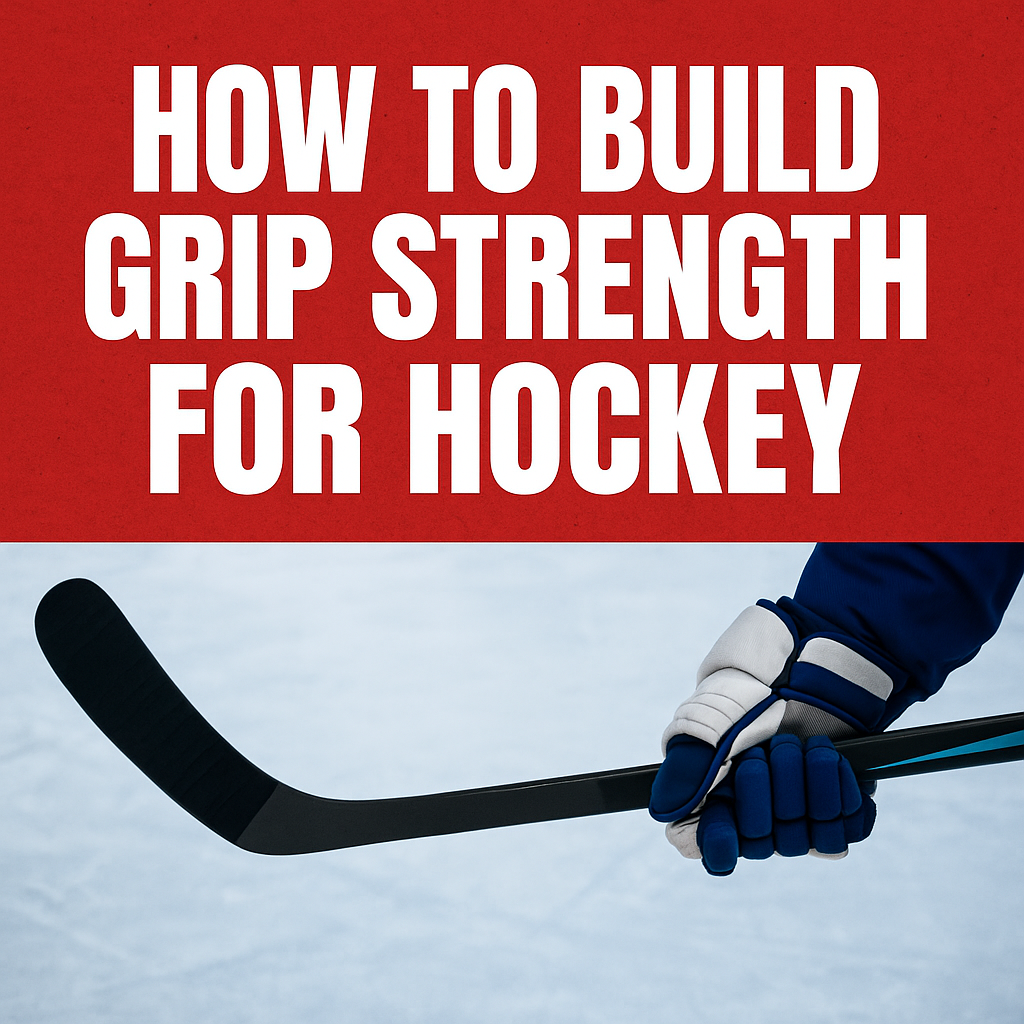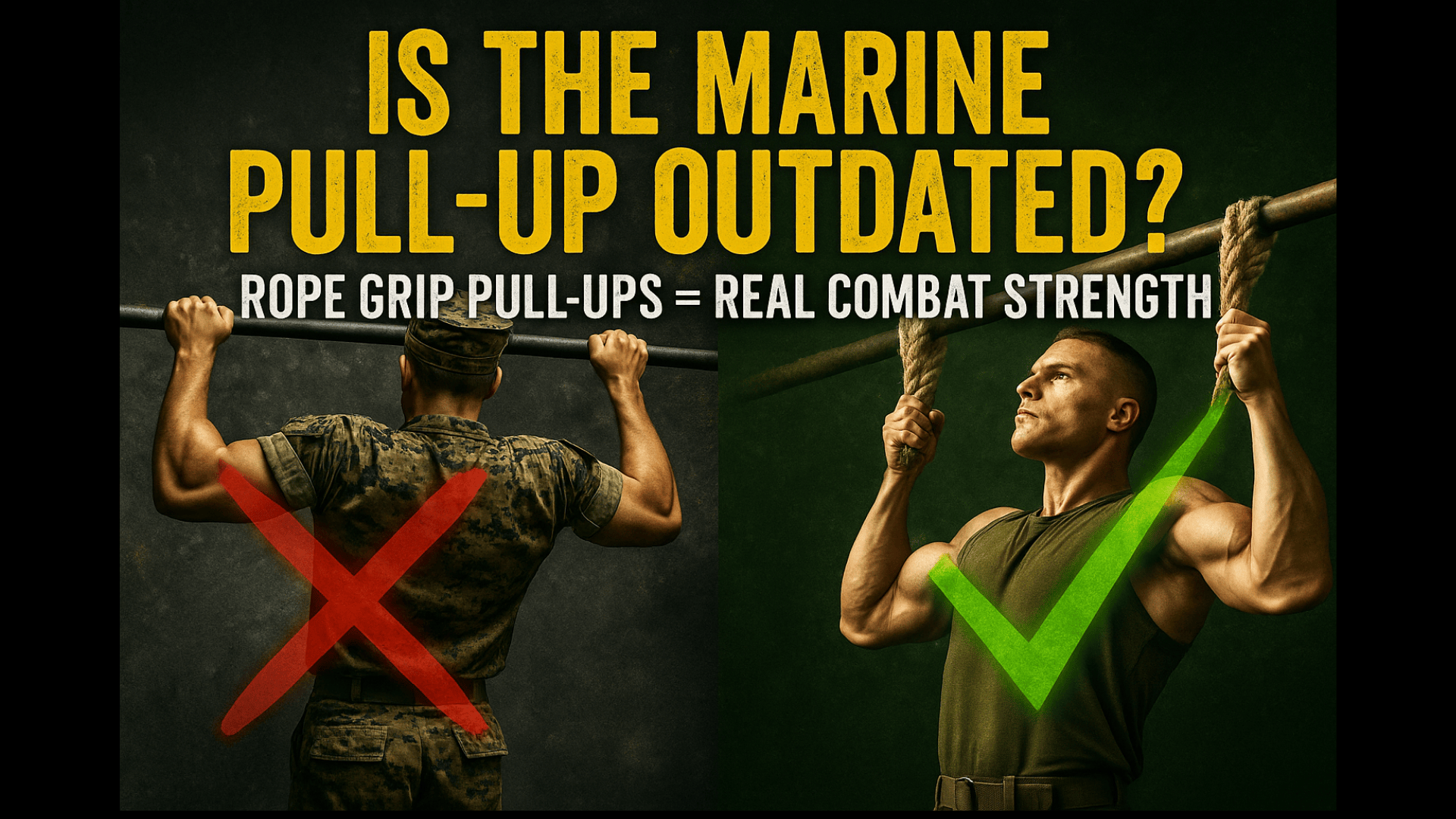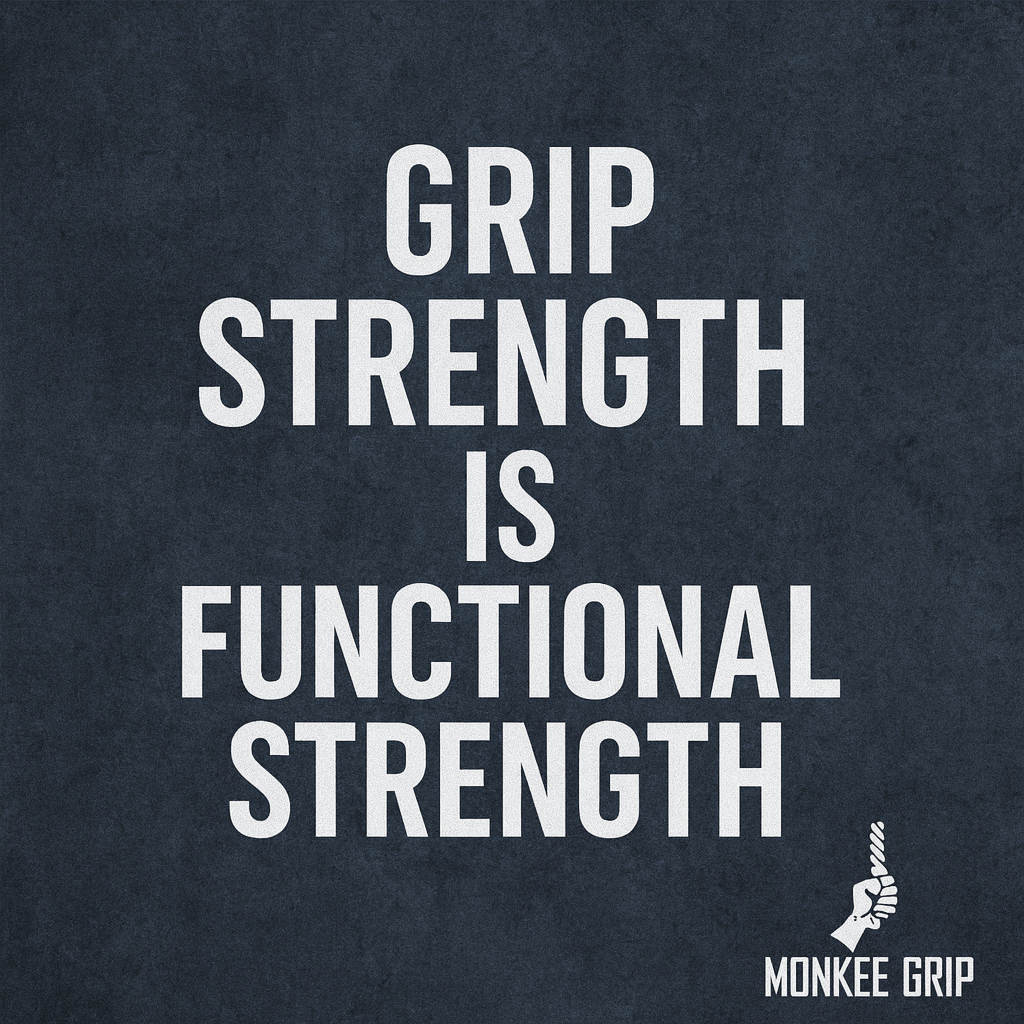DIY Grip Training: What Works, What Doesn’t
When it comes to strength training, grip is the forgotten hero. You can have a strong back, chest, or legs — but if your hands can’t hold on, the set ends early. That’s why lifters, climbers, and athletes in almost every sport eventually turn their focus to grip.
The good news? You don’t always need expensive machines or a fancy gym setup. But not every DIY method is created equal. In this post, we’ll break down what actually works for building grip strength, what doesn’t, and why tools like Monkee Grips give you the best of both worlds.
Why Grip Training Matters
Grip isn’t just about strong hands. It’s about performance everywhere:
-
More pull-ups and deadlifts before your grip gives out.
-
Better control in climbing, OCR, and grappling.
-
Injury prevention — strong tendons and ligaments are less prone to strains.
-
Everyday strength — carrying groceries, moving furniture, even opening jars.
Training your grip is training for life.
DIY Grip Training Methods That Work
1. Farmer Carries with Household Items
Grab two buckets, fill them with water, sand, or rocks, and carry them as far as you can. This builds crushing strength and grip endurance. The downside? The handles are often too thin and smooth to push your grip much further once you adapt.
2. Towel Pull-Ups
Loop a towel over a bar and do pull-ups while gripping the ends. This trains your finger and forearm strength by forcing you to hang from a shifting surface. Effective, but towels tear easily and can be unsafe if they slip.
3. Dead Hangs on Door Frames
Some find a solid doorway ledge and hang from it. This builds finger and tendon strength, especially if you train on your fingertips. Effective, but risky if the doorframe isn’t sturdy — and hard on your joints if you’re not conditioned. We don't recommend this.
4. Sledgehammer or Stick Levers
Holding a stick or sledgehammer by one end and rotating it up and down trains wrist strength and control. Great for wrist development, but less carryover to actual pull-ups or dead hangs.
5. Rope or Monkee Grip Training
Hanging from ropes — or rope-based attachments like Monkee Grips — builds grip strength faster than almost any DIY method. The rope flexes and shifts, forcing your stabilizers, tendons, and ligaments to work overtime. Unlike towels or doorframes, Monkee Grips are built specifically to be safe, durable, and portable.
DIY Grip Training That Doesn’t Work (or Doesn’t Work Well)
1. Stress Balls or Tennis Balls
Squeezing a ball will pump up your forearms, but it doesn’t build the kind of grip endurance you need for pull-ups, dead hangs, or carries. It’s better for rehab than serious training.
2. Finger Push-Ups
These can build finger strength but put enormous stress on your joints. Unless you’re a martial artist training specifically for them, they’re more likely to injure you than improve your pull-ups.
3. Using Overly Smooth Handles
Some DIY setups involve attaching PVC pipe or slick handles to bars. While thicker bars can be useful, slippery surfaces increase your risk of slipping without adding much to tendon or stabilizer strength.
Why Monkee Grips Beat DIY Hacks
DIY grip training has its place — but there’s a reason serious athletes look for better tools.
Monkee Grips combine the creativity of DIY with the safety and progression of real equipment.
-
They’re rope-based — so you get the instability that forces grip strength to adapt.
-
They’re portable — throw them in your gym bag or hang them in your garage.
-
They’re progressive — Level 1 for beginners, Level 2 for advanced.
-
They’re durable — built to take the punishment that towels, pipes, and buckets can’t.
Instead of cobbling together unsafe DIY setups, one pair of Monkee Grips lets you train grip anywhere, anytime — without compromise.
Final Thoughts
DIY grip training can take you far — farmer carries, towel pull-ups, and hangs all work. But many methods fall short or carry unnecessary risks. If you’re serious about building grip strength that lasts, Monkee Grips are the smarter upgrade.
They mimic the instability of DIY hacks, but in a safe, reliable, and scalable way. That’s why athletes, climbers, and everyday strength-builders rely on them.
🦍 Ready to build your grip the right way? Grab your Monkee Grips today at www.monkeegrip.com and start training smarter.






Leave a comment
This site is protected by hCaptcha and the hCaptcha Privacy Policy and Terms of Service apply.